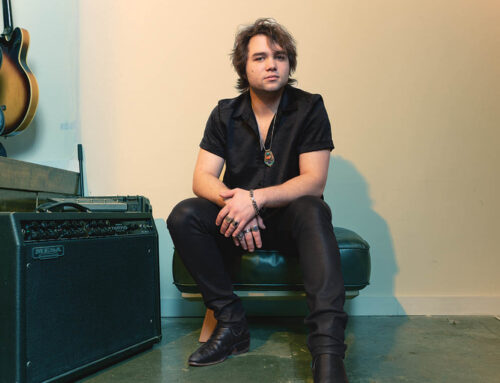You would think that a city that holds the No. 1 raking in the nation for burglaries and robberies per capita and places third in the number of murders would be a lot more diligent about crime prevention. Yet, from what I can tell from many of my Preston Hollow neighbors, doing something about crime is “somebody else’s problem.”
How do I know this apathetic attitude is the prevailing sentiment? Because each year, only half of the residents in my homeowners’ association join the neighborhood crime watch program that provides security patrols for our neighborhood streets.
The association has tried everything to raise membership levels, from personal requests by neighborhood volunteers canvassing the homes of non-members, to hand-written appeals, to printing the addresses of crime watch members in the neighborhood newsletter to better identify non-supporters. Yet each year, the number of members hovers at the 50 percent mark.
More than one of my neighbors has willingly admitted to me that they do not pay patrol dues, acting like their abstinence had nothing to do with my home and my safety. What irks me about that attitude is that, in essence, the non-paying neighbors freeload their security from those of us who do pay, and gain the same quality of life and property values that low crime brings, for nothing. And they continue to abstain from shouldering their share of the burden, even though the neighborhood newsletter reports that neighborhood crime dropped more than 50 percent when the security patrols began. Dallas Police Crime Watch Liaison officer Wanda West credited the crime watch program for Preston Hollow’s low statistics of violent or home-invasive crime.
Preston Hollow North Homeowners Association (PHNHA), which covers homes within the Royal, Hillcrest, Walnut Hill, and Preston boundaries, decided this year to stop relying on voluntary membership in the crime watch program, as fewer and fewer residents pay their patrol dues each year. The board members have suggested to their homeowners that the neighborhood agree to create a Property Improvement District (PID), requiring all residents to pay patrol dues, which would be collected by the city. The PHNHA believes that establishing a PID ensures that all residents of the neighborhood share the cost of the police patrols, guaranteeing a wide range of neighborhood protection hours.
Dallas currently has five existing PIDs: the Downtown Improvement District, Uptown Public Improvement District, Vickery Meadow Improvement District, and Deep Ellum Improvement District with Prestonwood as the only residential PID. To create a Preston Hollow North PID, the neighborhood residents must sign a petition, circulated by their homeowners association, which is then presented to City Council, who holds a public hearing for the involved parties. If the hearings persuade the City Council of the need for a PID, they will establish the district for a seven-year period and, annually, approve the PID budget and authorize the neighborhood’s assessment. At the end of seven years, the petitioning and approval process begins again.
I hope that Preston Hollow North succeeds in creating the first Preston Hollow PID, and I hope that their success breeds a trend of PIDs throughout the area. It’s time for all residents to pony up their share of the patrol dues. Home burglary alarms do nothing to deter the smash-and-grab burglar, yet a marked, manned squad car is a proven deterrent.
All the reasons that we love Preston Hollow as a place to live also make our neighborhood a target, and crime watch programs and police patrols send a message that our homes and garages are not available for poaching. Basing these vital programs on a volunteer basis just isn’t effective, and the problem is endemic to every neighborhood in Preston Hollow, not just one or two.
Neighborhood safety should be a requirement, not an option, and a PID makes safety happen.





